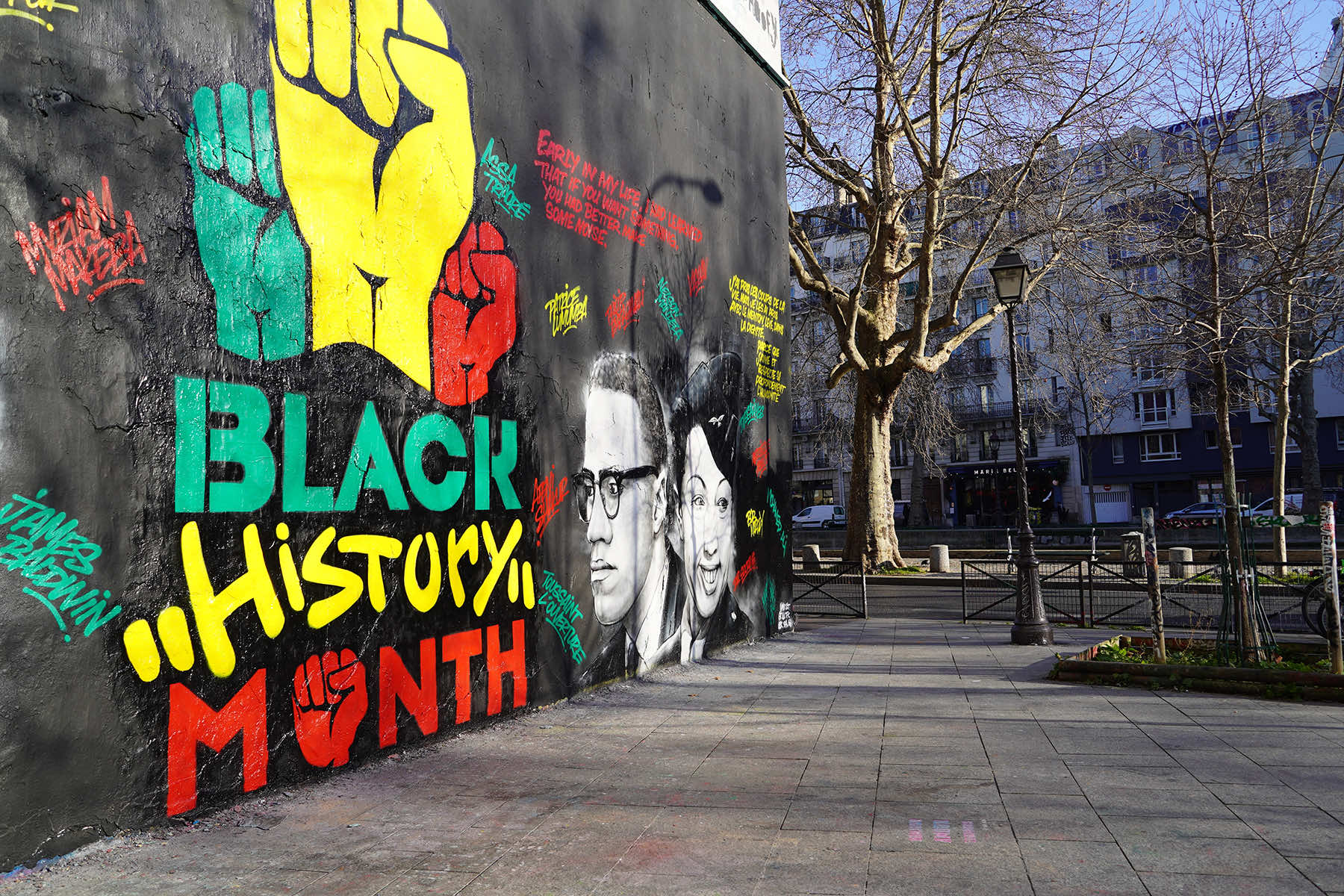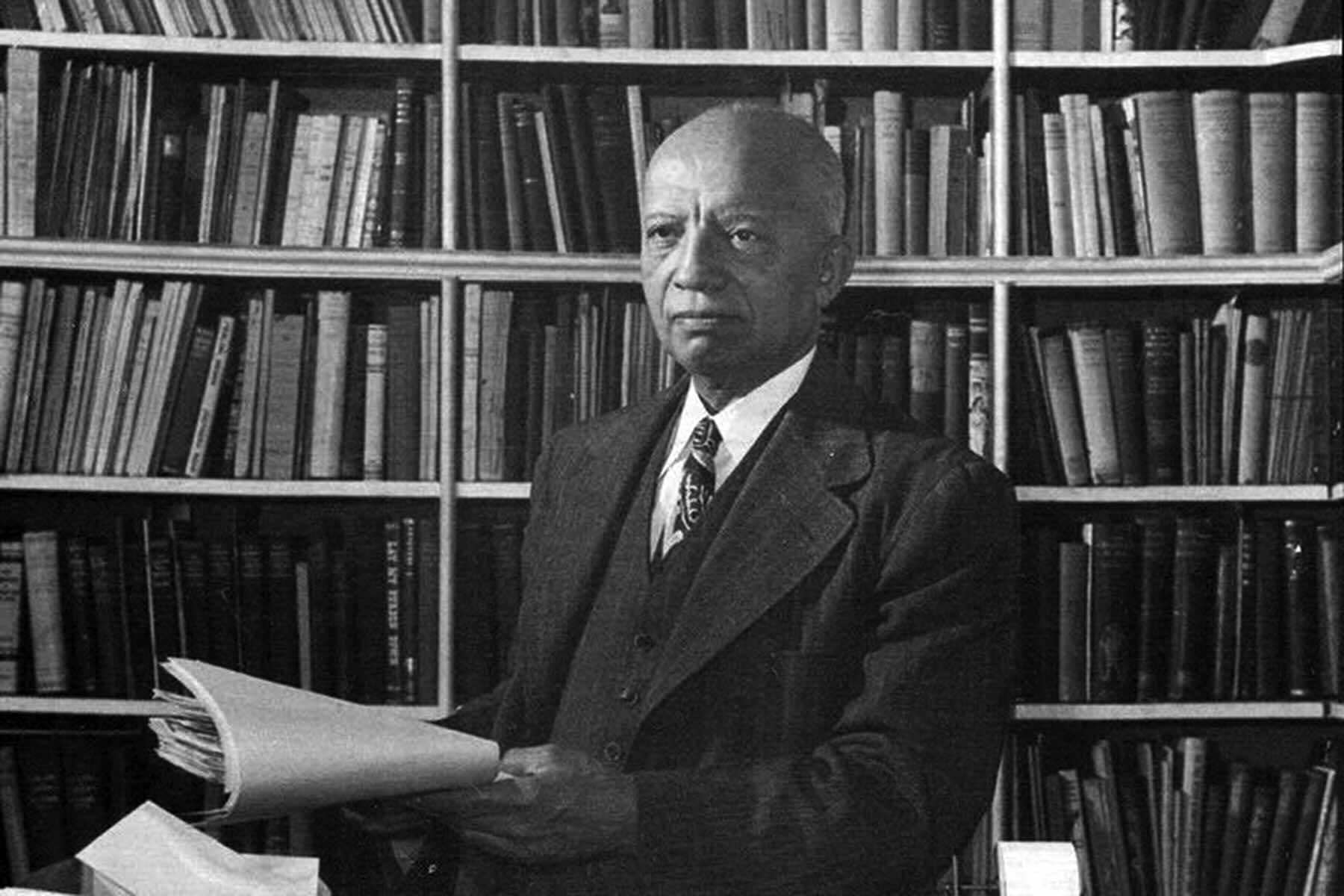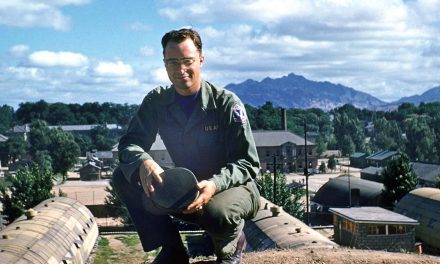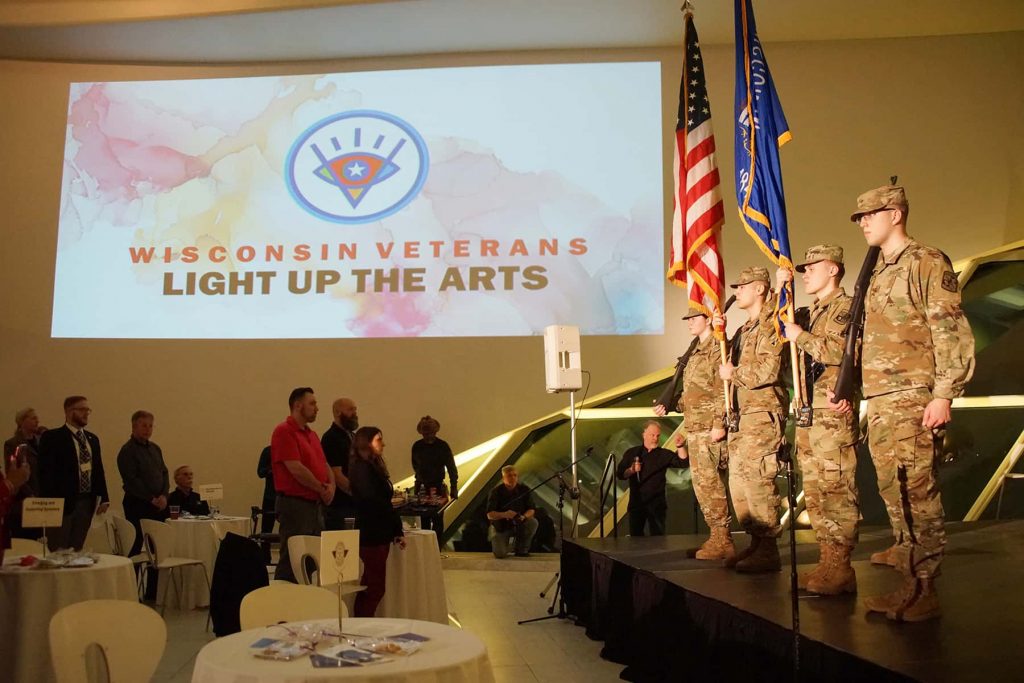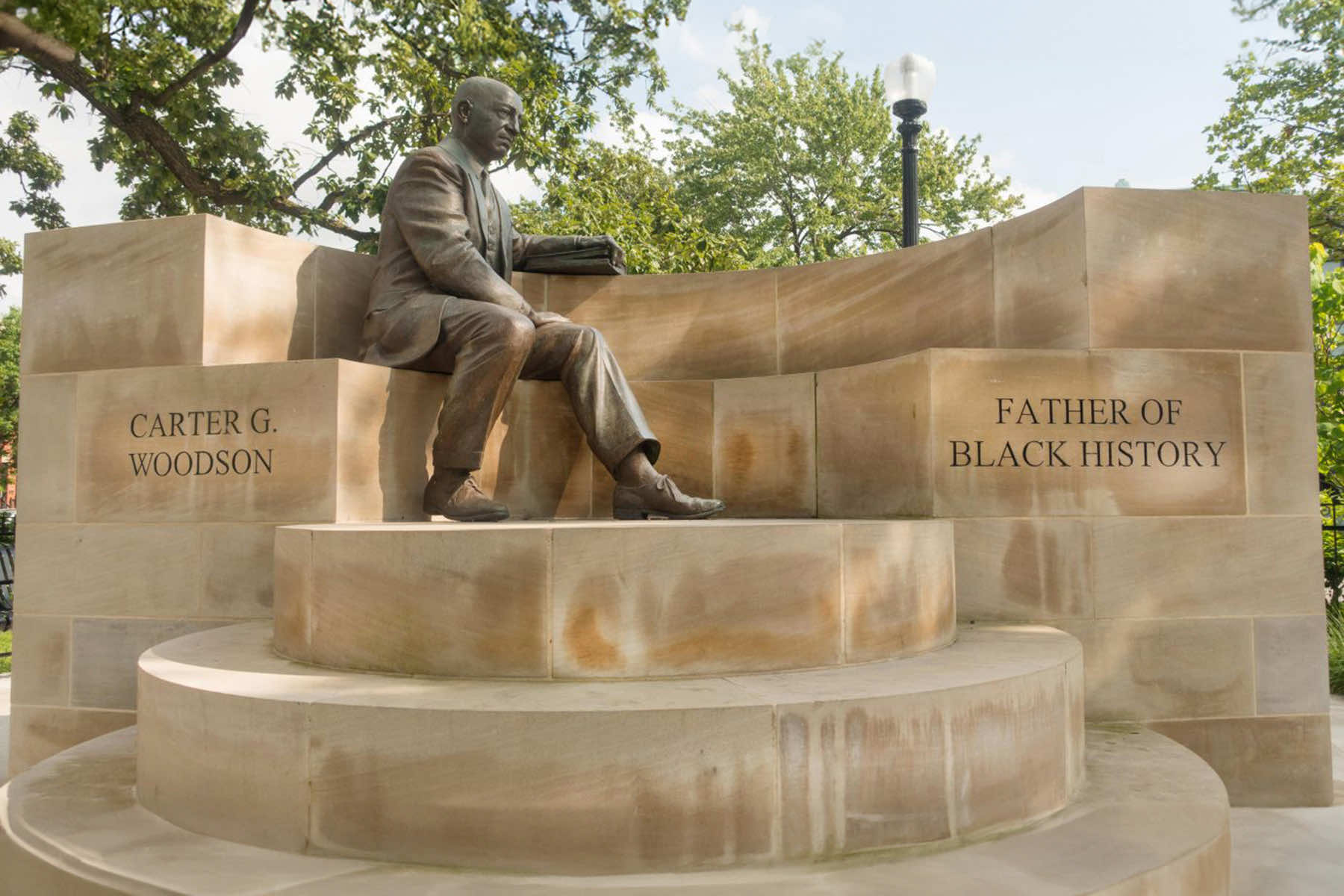
“Those who have no record of what their forebears have accomplished lose the inspiration which comes from the teaching of biography and history.” – Dr. Carter G. Woodson, Founder of Black History Month
“The foremost purpose of Black History Month is to make all Americans aware of this struggle for freedom and equal opportunity. It is also a time to celebrate the many achievements of Blacks in every field, from science and the arts to politics and religion. It not only offers Black Americans an occasion to explore their heritage, but it also offers all Americans an occasion and opportunity to gain a fuller perspective of the contributions of Black Americans to our Nation. The American experience and character can never be fully grasped until the knowledge of Black history assumes its rightful place in our schools and our scholarship.” – President Ronald Reagan, Proclamation 5443, National Black (Afro-American) History Month, 1986
Ever since more than 200,000 Black men joined the Union Army and Navy, helping to turn the tide of the U.S. Civil War in favor of the Union, leading to the end of legal slavery, and freeing the nearly four million enslaved Black people, we have celebrated our journey and our progress as a people.
In 1915, fifty years after emancipation, Dr. Carter G. Woodson, was in Chicago with thousands of other Black people looking at exhibits celebrating Black life. While attending this event he decided on September 9, 1915 – along with several colleagues – to form the Association for the Study of Negro Life and History, now known as the Association for the Study of African American Life and History, as a way to promote the scientific study of Black life and history.
The following year he published the first Journal of Negro History. Woodson wanted to keep up the tradition of celebrating our people, which was done consistently each year after slavery ended. In 1924, Woodson and his fraternity brothers from Omega Psi Phi, created Negro History and Literature Week. They later renamed it Negro Achievement Week.
Two years later Woodson sent out a press release announcing Negro History Week in February 1926. He picked February to take advantage of the celebrations by Blacks around the country for the lives of Frederick Douglas on February 14 and Abraham Lincoln on February 12, during the week of their births. He asked people around the country to: organize their communities for the celebration, appeal to their boards of education to adopt textbooks on Negro History, raise funds to purchase books related to Negro history for local schools and libraries, and gather documents on their family history to share, organize local chapters of the ASNLH.
This celebration was a continuation of efforts to acknowledge the progress we made as a people since gaining freedom from slavery. In 1937 the great educator, Mary McLeod Bethune, suggested that Woodson establish the Negro History Bulletin which would document our history and offer an annual theme for the celebration. As a result of these efforts, teachers demanded materials for their schools, and cities across the country issued proclamations acknowledging Negro History Week.
Schools across the South expanded their efforts to teach Black history. Freedom schools established during the Civil Rights Movement taught specific courses on Black history. As Blacks discarded the use of the term Negro, the celebration was changed to Black History Month. In 1976 Black leaders advocated for extending the celebration for the entire month of February, as was already being done in several cities. For the first time ever, U.S. presidents issued proclamations endorsing Black History Month.
Finally in 1986, a joint effort in both houses of Congress came about to acknowledge the importance of Black History Month. President Reagan issued Proclamation 5443 on February 24, where he spoke about why Black History Month is important to all Americans.
As we approach the 100th anniversary of the first formal Negro History Week celebration, it is important that we acknowledge the work of Dr. Woodson, the second Black person to receive a doctorate degree from Harvard, and keep in mind that Black History is American History.
We live in a time where far too many people are attempting to scare us into eliminating this history being taught in our schools. We cannot stand for such foolishness. We must be ever vigilant to not erode the progress we have made over decades. I celebrate our history 24 hours a day, 365 days each year because I am so proud of the community that I come from.
The trials and tribulations of Black people show our resilience and why we should be celebrated for our contributions to this country. Let us not treat it like Black Trivia Month, as far too many do in my opinion. We have so much to gain from taking pride in the work we have done to move the country toward those original ideals of the Founding Fathers, even if we have been denied membership in that world for far too long.
If President Reagan, a very conservative Republican, very publicly advocated for Black History Month, there is no reason current GOP members cannot have the same reverence for Black history.
“Black history in the United States has been a proving ground for America’s ideals. A great test of these ideals came with the Civil War and the elimination of slavery. Another test came a century later, in the struggle for practical recognition of the rights already won in principle—the abolition of legalized segregation and second-class citizenship.” – President Ronald Reagan, Proclamation 5443, National Black (Afro-American) History Month, 1986
“There is no more powerful force than a people steeped in their history. And there is no higher cause than honoring our struggle and ancestors by remembering.” – Dr. Carter G. Woodson, Founder of Black History Month
© Photo
Randy Duchaine (via Alamy), Eric Bery (via Shutterstock), and Library of Congress

